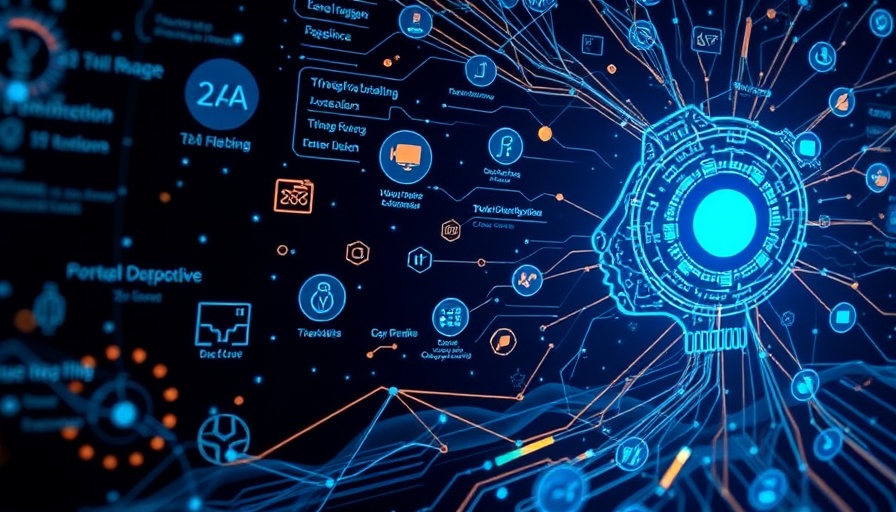
Why Chatbots Are Gaining Popularity
As customer expectations rise, companies are increasingly turning to chatbots powered by artificial intelligence (AI) to enhance service efficiency. These intelligent systems can operate 24/7, providing instant responses to inquiries that range from order status updates to general product questions. The growth of the chatbot industry reflects this trend, escalating from $370 million in 2017 to approximately $2.2 billion by 2024.
The Trust Factor: Why Humans Hold the Upper Hand
Despite the rapid adoption of chatbots, a staggering 71% of consumers still prefer human agents over machine interactions. This skepticism stems from a broader concern over AI—many customers report a lack of trust in technological solutions when personal issues are at stake, such as financial inquiries or sensitive account details. A recent survey revealed that only 9% of consumers feel comfortable letting companies use their financial information, underscoring the caution many adopt towards AI solutions.
Decision-Making in Customer Service
The decision of whether to route inquiries to chatbots or human agents should not be taken lightly. When it comes to issues involving more complex or personal details, such as payment processes or shipping concerns, customers still lean towards human agents. This indicates that while chatbots can handle straightforward inquiries efficiently, a blend of both technology and human interaction might present the most effective solution.
Analyzing Customer Interactions: A Relevant Study
In an effort to explore customer preferences quantitatively, a recent study analyzed more than 500,000 interactions between customers and service agents or chatbots. Notably, it categorized various inquiries into six primary issues: orders, coupons, products, shipping, account issues, and payments. The study highlighted that customers rarely turned to chatbots for payment-related inquiries but often resorted to them for simpler questions.
The Future of Customer Service: A Harmonious Approach
Looking ahead, the goal for businesses should be to harmonize the capabilities of AI and human touch in customer service. As chatbots evolve with machine learning, they are improving their ability to understand and respond to customer needs effectively. However, recognizing the limits of AI is crucial; sensitive topics still require the empathy and comprehension that only human agents can provide.
Practical Takeaway: Who Should Handle What?
For consumers wary of technology, a balanced approach allows them to feel more secure while interacting with brands. Companies should strategically implement chatbots for efficient handling of routine inquiries while preserving human support for more intricate situations. This will not only ease customer frustration but also foster a trustful relationship with the brand.
As we continue to adopt AI technologies in customer support, striking the right balance between efficiency and human touch is essential. Customers want immediacy but also seek comfort in knowing that they can connect with a human when necessary.
 Add Row
Add Row  Add
Add 




Write A Comment